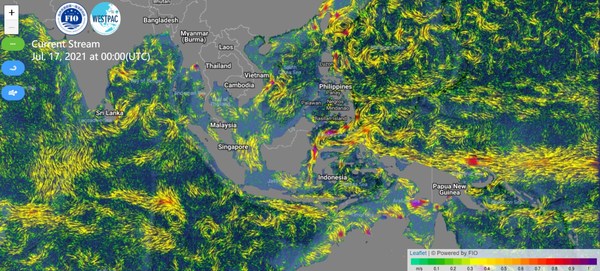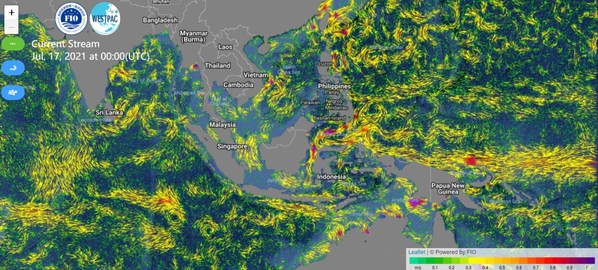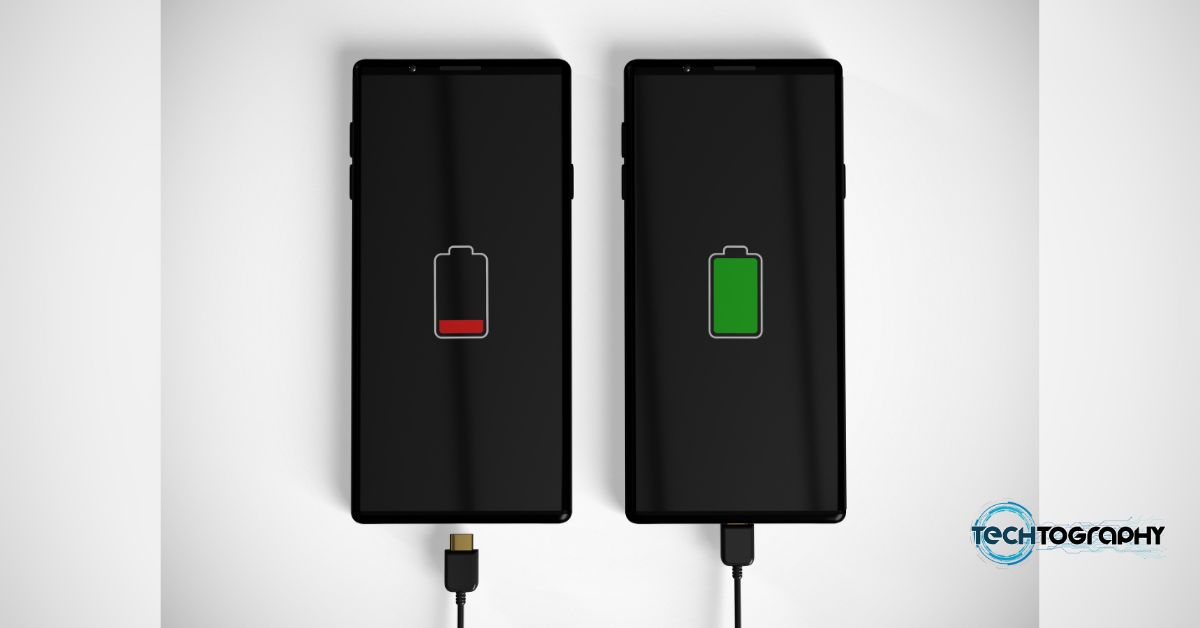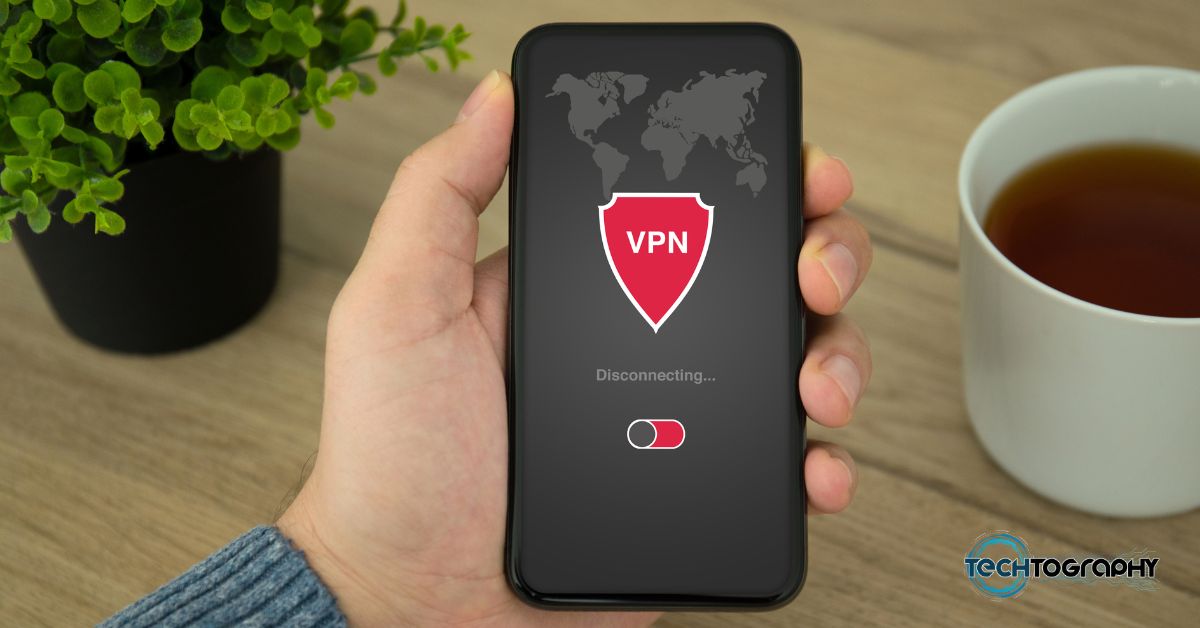BEIJING, July 23, 2021 /PRNewswire/ — There are many weather forecast APPs through which we can learn how the weather will change in the coming days. Is there an APP to forecast the ocean environment. Global Ocean on Desk (GOOD) mobile APP makes it possible for people all over the world.
GOOD APP enables users in Southeast Asia region to inquire forecast information about the marine environment directly and freely on their mobile phones. It can forecast marine disasters such as storm surges and tsunamis, assist coastal people in their various activities such as the prevention and reduction of marine hazards, fishery management, and even tourism.
This Thai-Malaysian-English trilingual APP was jointly developed by Thailand, Malaysia and China with the support of the China-ASEAN Cooperation Fund. It can visualize the numerical prediction of marine environment including surface wave height, wave period, sea level, three-dimensional ocean currents, sea temperature and salinity etc. all over the world in the next 120 hours (5 days) on the mobile.
GOOD APP was not invented overnight. In fact, before the official launch of this APP in December 2018, the Ocean Forecast System (OFS) on which this APP is based had been under development for decades and had been on trial from May 2012 to Nov 2018.
OFS is based on the surface wave-tide-circulation coupling numerical model. Different from other ocean models which predicted wave, tide and circulation separately without considering the interaction among them, this new model takes these three factors into consideration simultaneously and greatly improves the accuracy and efficiency of ocean forecasting. For example, the predicted error of the mixed layer depth, which is important for the protection of marine ecosystem, typhoon evolution and climate prediction, has been a bottleneck for half century; now it can be eliminated by more than 80%.
"This model has been validated by many observations and laboratory experiments. It has increased the accuracy of ocean forecasting by eighty to ninety percent," said Prof. Qiao Fangli, head of the research team from the First Institute of Oceanography (FIO), Ministry of Natural Resources of China.
In 2008, when Qiao Fangli was invited to give a keynote speech about his breakthrough of ocean model at the 8th IOC/WESTPAC international scientific symposium, he met Prof. Somkiat Khokiattiwong of Phuket Marine Biological Center (PMBC), Thailand for the first time, who was then the chairman of the Southeast Asian Global Ocean Observing System (SEAGOOS), and Prof. Fredolin Tangang of Universiti Kebangsaan Malaysia (UKM), Malaysia. After a heated discussion, the idea that research teams from China, Thailand and Malaysia could collaborate on the development of a new ocean forecasting system surfaced. This project was approved by IOC/WESTPAC in 2010. After two years, the first operational OFS was launched in May 2012.
"Thailand, Malaysia, China and all related countries can benefit from the OFS project, and our cooperation has greatly enhanced friendship and cooperation among different countries," said Qiao.
OFS has played a vital role in the search and rescue mission of the Phuket Boat Capsizing in July 2018, when two tourist boats carrying over 130 foreign tourists, mainly Chinese, capsized off the resort island of Phuket in southern Thailand due to a sudden strong storm in the south-west monsoon season.
Along with the search and rescue mission led by the Thai authorities, the international research team of China and Thailand provided strong scientific support. With the application of OFS, they forecasted the ocean current and wave, and narrowed the targeted search area down to 10% by accurately predicting the current around the sunken boats, which helped the Thai rescue team carry out the rescue mission efficiently.
OFS is the national ocean environment forecast system of both Thailand and Malaysia now. Other than marine rescue, it has been widely applied in many fields such as protection of coral reef, safety of ocean shipping, tracing the source and prediction of sea-floating garbage and oil spill etc. For fishermen, OFS and the GOOD APP developed based on OFS can effectively provide forecasts, reduce risks so as to ensure safety and production.
"We will continue to improve OFS and GOOD APP. We hope our work with our partner from different countries on OFS and GOOD can enhance the well-being of all the coastal people," Qiao Fangli said.




